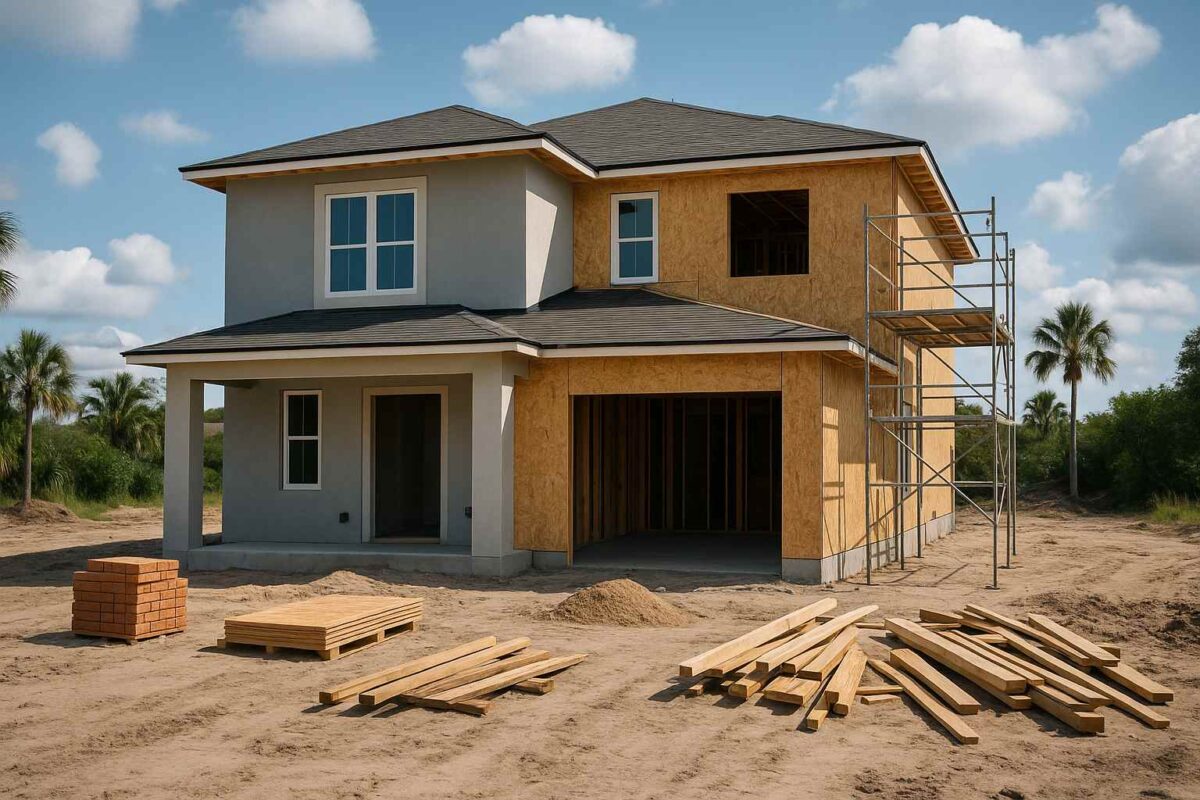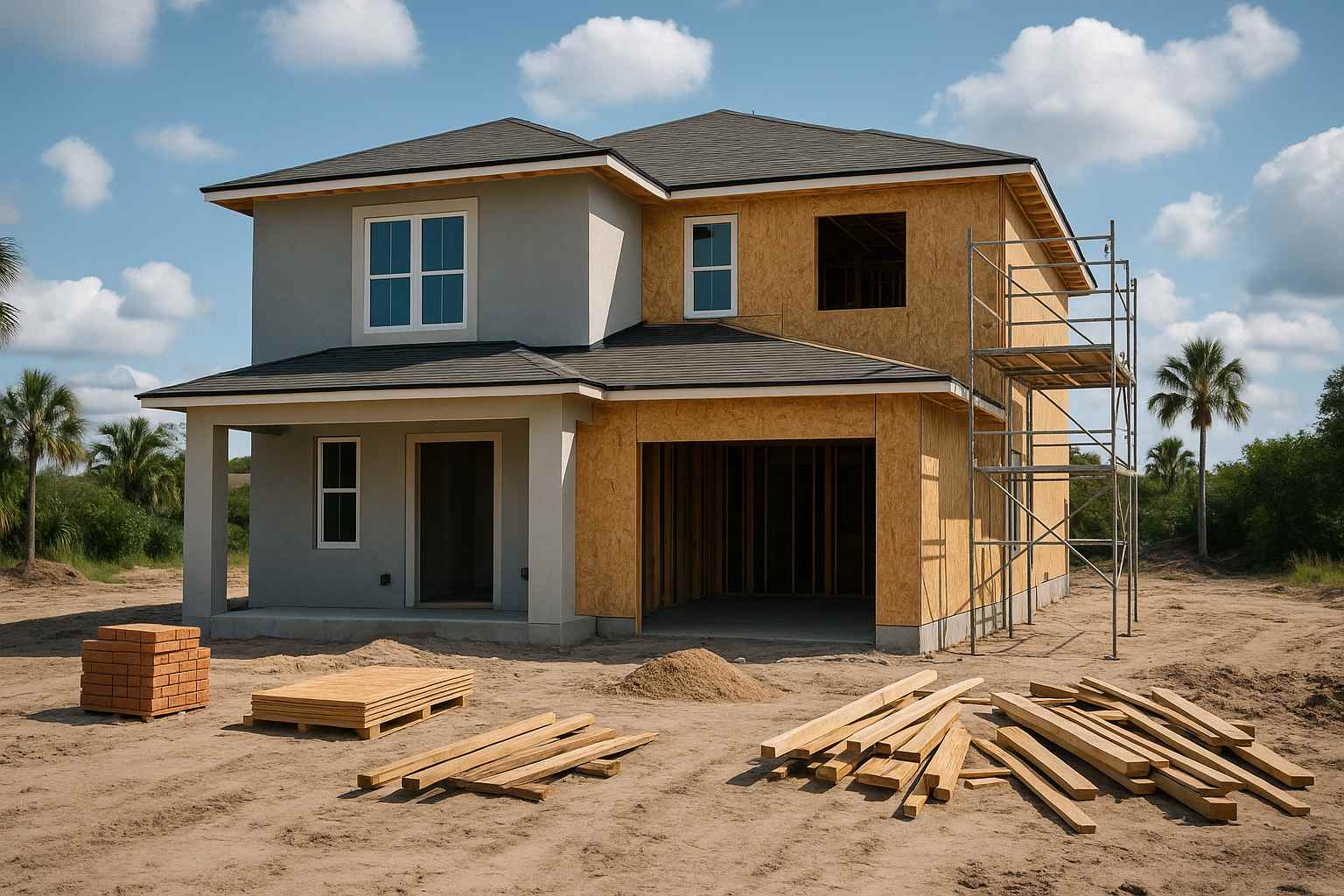
Construction projects, while often exciting milestones, can also be complex, stressful, and unfortunately, prone to disputes. Whether you are building a new home, renovating a commercial space, or making improvements to your property, the risks of miscommunication, delays, defects, or payment disagreements are real. For property owners, knowing how to protect their legal rights during a construction dispute can make a significant difference in both the outcome of the project and their peace of mind. Continue reading and reach out to our seasoned Florida construction attorneys to learn more. Here are some of the questions you may have:
What Are the Most Common Causes of Construction Disputes?
Disputes in construction can arise from a wide variety of issues. Some of the most common involve breach of contract, substandard workmanship, project delays, cost overruns, or disagreements over the scope of work. In Florida, the climate itself can sometimes impact timelines and complicate matters further, especially during hurricane season.
Sometimes the disagreement stems from a simple misinterpretation of terms. In other cases, the contractor may have failed to follow through on their promises. Property owners often feel overwhelmed in these situations, unsure whether the issue is minor or something that could escalate into litigation. No matter the cause, if a conflict arises, it’s critical to act quickly and deliberately.
What Steps Can Property Owners Take When Involved in a Construction Dispute?
The best protection starts long before any bricks are laid or walls are painted. Having a well-drafted, comprehensive construction contract is one of the most important ways to guard against future problems. The contract should clearly define the scope of work, payment terms, timelines, materials, and dispute resolution procedures. Always review contracts with a qualified Florida construction attorney before signing. Doing so helps ensure your interests are protected from the start.
Once construction begins, keep detailed records of everything. This includes emails, texts, photos of work in progress, receipts, permits, and any changes to the original plan. Documentation is your best friend in a dispute. If a contractor fails to perform according to the contract, your records will be invaluable.
Another key step is making sure all contractors and subcontractors are properly licensed and insured. The Florida Department of Business and Professional Regulation (DBPR) allows you to verify a contractor’s license online. It is also wise to require lien waivers with each payment to prevent unexpected claims from subcontractors or suppliers who were not paid by the general contractor.
When Should a Property Owner Call a Construction Attorney?
It is never too early to consult with a construction lawyer. Whether you are just starting the planning phase or have already encountered a problem, an attorney can provide critical insight and legal protection. If you suspect your contractor is not honoring their agreement, or if you receive notice of a construction lien, seeking legal advice quickly can help you avoid costly mistakes.
An experienced construction attorney can also assist in negotiating with contractors, mediating disputes, or filing a lawsuit if necessary. In Florida, construction law has its own unique rules and deadlines, particularly when it comes to enforcing or contesting liens. Missing a deadline could mean losing your right to fight back.
If you have additional questions or would like to speak with a knowledgeable construction attorney about your case, simply contact Ansbacher Law today.

